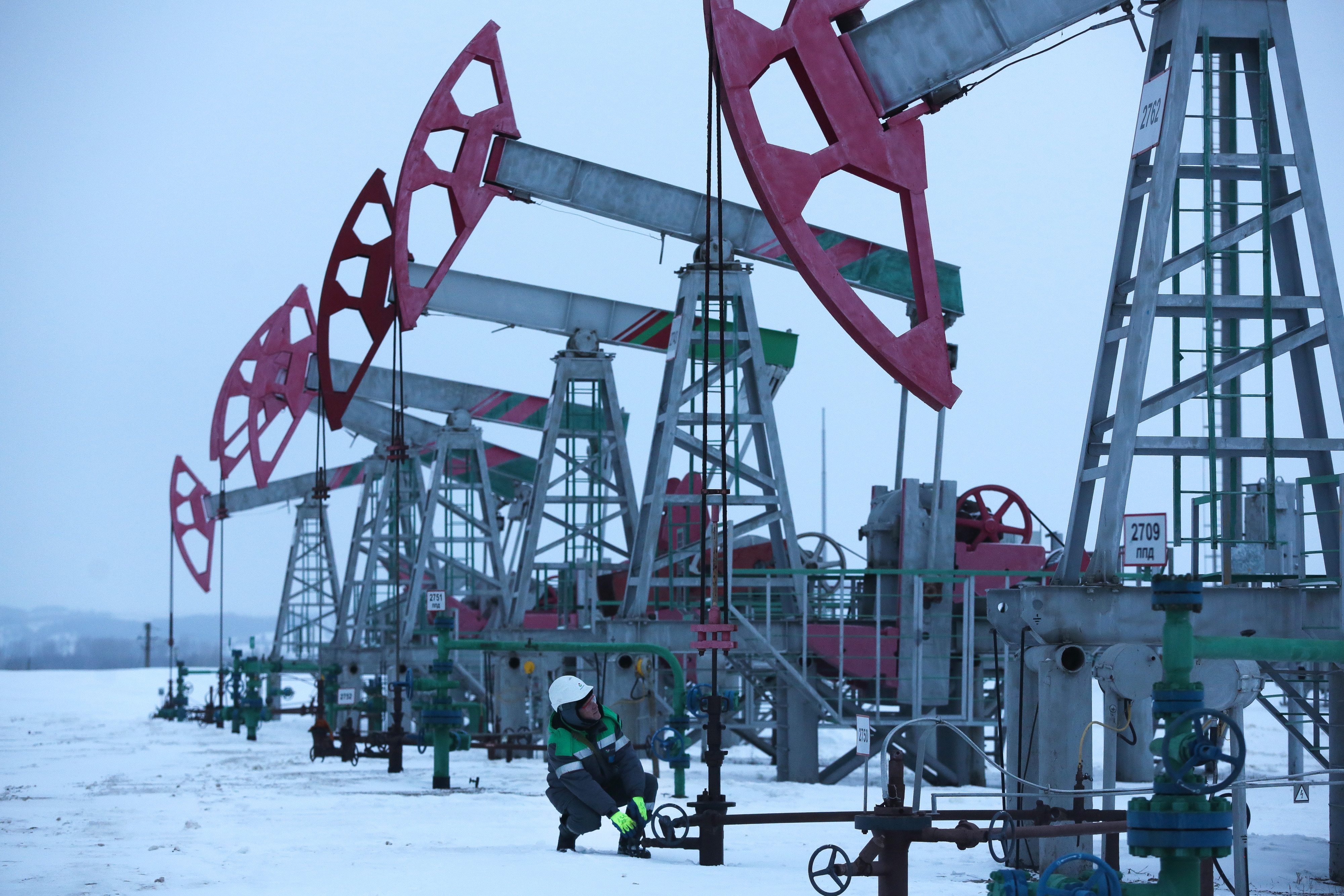
Dubai: Saudi Arabia’s plan for the post-hydrocarbon era will have to overcome habits developed over decades of relying on crude sales to fuel economic growth, create jobs and build infrastructure.
Almost eight decades after oil was first found in the country, officials on Monday are to unveil Deputy Crown Prince Mohammed bin Salman’s “Saudi Vision 2030,” a blueprint seeking to reduce the reliance on revenue from crude exports. King Salman approved the package of developmental, economic, social and other programs. Prince Mohammed, known as MbS among diplomats and Saudi watchers, disclosed details of the plan in interviews with Bloomberg in Riyadh.
“Shifting from an oil-based economy to something different is very difficult,” said Gregory Gause, a professor at Texas A&M University. “The Saudis have been talking about it for decades, but have made little progress. So MbS has his work cut out for him.”
Prince Mohammed is leading the biggest economic shakeup since the founding of Saudi Arabia in 1932, with measures that represent a radical shift for a country built on petrodollars. His drive may face resentment from a population accustomed to government largess and power circles stunned by the rapid rise of the 30 year-old prince, political analysts say.
King Salman said pursuing a “comprehensive development” has been a central goal, according to state-run television. He urged Saudis to help implement the plan.
Subsidy restructuring
Part of the programme envisages selling less than five per cent of Saudi Aramco and the creation of the world’s largest sovereign wealth fund.
Authorities are also considering more steps to restructure subsidies, a value-added tax (VAT) as well as a levy on energy and sugary drinks and luxury items. The National Transformation Programme, which will be launched within 45 days of Monday’s announcement, will focus on ways to boost economic growth, create jobs, attract investors and hold government offices more accountable.
Other oil-dependent countries that succeeded in reforming their economies started before crude revenue sank, according to an International Monetary Fund study in 2014, suggesting that Arab producers may have missed the best opportunity to move beyond oil when prices were high.
The drop in crude prices has prompted Gulf Arab monarchies to dip into reserves they had accumulated since 2000. Saudi Arabia’s net foreign assets fell by $115 billion last year to plug a budget deficit that reached about 15 per cent of economic output. The government also turned to the domestic bond market and is planning its first international dollar bond sale.
Regional efforts
Other Gulf Arab countries are also taking steps to reduce spending. The United Arab Emirates scrapped subsidies for transport fuels. The Kuwaiti parliament approved a government plan to increase the price of water and electricity for expatriates and businesses in the Opec nation, but voted against including the homes of Kuwaiti citizens. A second and final round of voting is scheduled on April 26.
Non-oil revenue
In response to the country’s weakened fiscal position, Prince Mohammed’s plan is to raise non-oil revenue by $100 billion by 2020. The government announced cuts in utility and gasoline subsidies in December. Including future reductions, authorities expect the restructuring to generate $30 billion a year by 2020.
“There is a realisation among many Saudis that the economic challenges that the kingdom is facing are daunting,” said Fahad Nazer, who worked at the Saudi embassy in Washington and is now a political analyst at JTG Inc. “Given the fact that some 70 per cent of Saudis are under age 30, Prince Mohammed’s penchant for making quick decisions and holding officials accountable for their performance — or lack thereof — does have wide support among Saudis.”
Past rulers of Saudi Arabia have largely avoided seeking additional revenue from their citizens. As water prices surged after the reduction in subsidies, Saudis turned to social media to express their anger at the government. King Salman fired the water minister on Saturday.
Saudi leaders also have unique social challenges that other nations implementing economic changes didn’t have to manage. While steps have been taken to get women into the workforce, the kingdom still prohibits them from driving. The country’s feared religious police, despite having their powers to arrest curbed this month, still enforce gender segregation and prayer times.